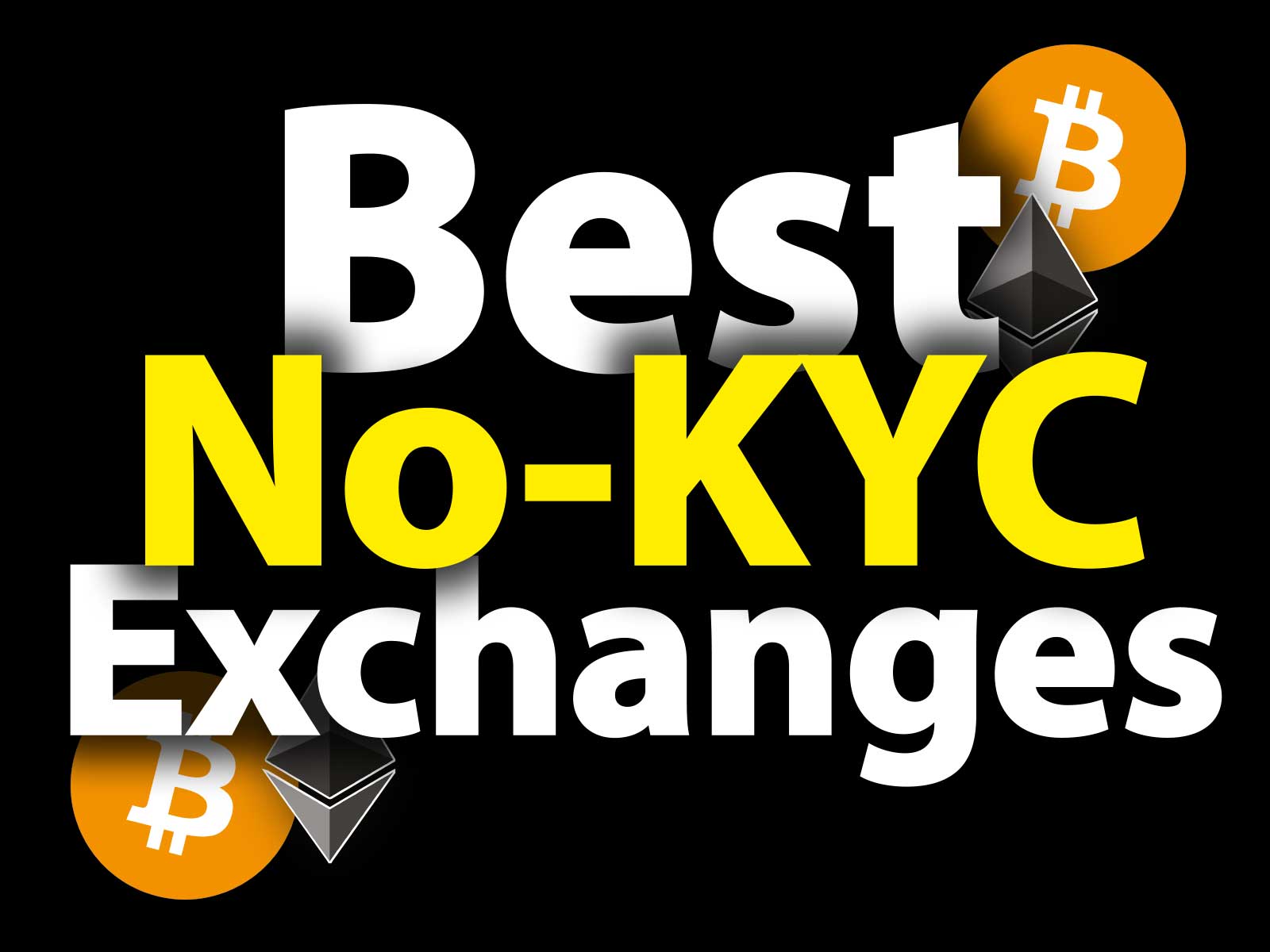Are No-KYC Exchanges Safe? Pros, Cons & Best Alternatives
Are No-KYC Exchanges Safe? Pros, Cons & Best Alternatives

Introduction
Exchanges nowadays are facing many regulatory difficulties trying to operate globally. Many citizens from specific countries are restricted from using services like leverage trading or copy trading. How can these traders still get access to these services? Are there any alternatives? And is it safe to use it? Let’s dive in!
KYC Compliance
We’ve all heard about KYC (Know Your Customer) verification, most cryptocurrency exchanges require this for all of their users. The problem with this is that many traders who have passports from restricted countries are not able to verify their account or use all the services the exchange is offering. Even if they do not live in the country of their nationality.
No-KYC Exchanges Risks and Benefits
A solution to this problem is using an exchange that does not require any form of KYC verification. But how safe is this actually? And does that even exist?
Yes, there are exchanges that do not require any client to verify their account with their passport, however, these exchanges are often located in offshore jurisdictions like the Seychelles or Belize. These locations are chosen because they allow exchanges to operate with minimal interference from regulators. They don’t enforce strict KYC/AML (Anti-Money Laundering) rules, making it easier for no-KYC platforms to exist. However, this also means users have less legal protection if something goes wrong.
What are the benefits of using no-KYC exchanges?
- Privacy & Anonymity: No personal data can be leaked.
- Instant Access: No waiting days for KYC approval.
- Trade from Restricted Locations: Useful for users in regions with strict regulations.
- Lower Risk of Funds Being Frozen: No account bans due to regulatory changes.
- Lower Fees: Many no-KYC exchanges offer low fees.
What are the risks?
- Security Concerns – Some no-KYC exchanges have been hacked or exit scammed (e.g., FTX, Mt. Gox).
- Less Regulation = Less Protection – If an exchange disappears, you may not get your funds back.
So there are clearly some benefits but also some extra risks coming with no-KYC exchanges, now let’s have a look at the options.
No-KYC Exchange Options
There are 2 ways, a trader can go for no-KYC trading;
- Centralized Exchange that does not require KYC
- Decentralized Exchange
A centralized exchange (CEX) is like a bank, you create an account, deposit your crypto, and the exchange handles everything for you. It’s easy to use and quick, but you don’t have full control over your funds. Most popular exchanges like Binance, Bybit, and Phemex are all centralized exchanges.
A decentralized exchange (DEX) lets you trade directly from your wallet without a middleman. You keep full control of your crypto, but it can be a bit trickier to use and might take longer for transactions.
So, a CEX is more user-friendly, while a DEX offers more control and privacy.
The best no-KYC (CEX)
The best no-KYC exchange option will vary over time, as often the best one is the most used one. In 2025 it seems that Bitunix Exchange is one of the better options if you’re looking for a no-KYC cryptocurrency exchange. It offers an easy user interface with high liquidity and most services offered by other exchanges like leverage trading, and copy trading. They also offer a wide variety of trading pairs and have a spot market as well. Join Bitunix through our exclusive affiliate link and enjoy discounted fees with a free 1-month VIP3 account.
The Best no-KYC (DEX)
If you’re looking for a decentralized exchange where you can trade without having to KYC verify your account, Apex Omni is most likely the best option. The main reason why is that this platform is developed by Bybit, one of the leading global cryptocurrency exchanges. Apex Omni gives a very similar feeling to using Bybit but it’s completely decentralized, meaning that you just connect a third-party wallet like Metamask and start trading. The services and products might be slightly more limited, there are fewer trading pairs, lower liquidity, and no copy trading yet. However, you can trade with margin and they do offer a spot market as well.
How to Trade Safely Without KYC
If you want to use no-KYC exchanges but still stay secure, follow these tips:
- Use a VPN – Protects your IP and prevents tracking.
- Never Keep Lots of Funds on CEXs – Store crypto in self-custody wallets like MetaMask or Ledger.
- Test Small Withdrawals First – Before committing large funds, withdraw a small amount to ensure smooth transactions.
- Use DEXs for Long-Term Trading – CEXs can still freeze funds, so Apex Protocol or other DEXs are safer for storing assets.
Conclusion: Are No-KYC Exchanges Worth It?
No-KYC exchanges offer freedom and privacy, but they come with risks. If you’re using one, Bitunix is the best-centralized option, while Apex Protocol is the safest alternative for full control over your funds.
If security is your top priority, trade on Apex Protocol and avoid centralized risks altogether. If you'd like to see all exchanges without KYC you can view the Cryptocurrency Exchange List.